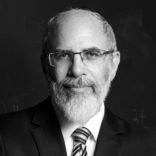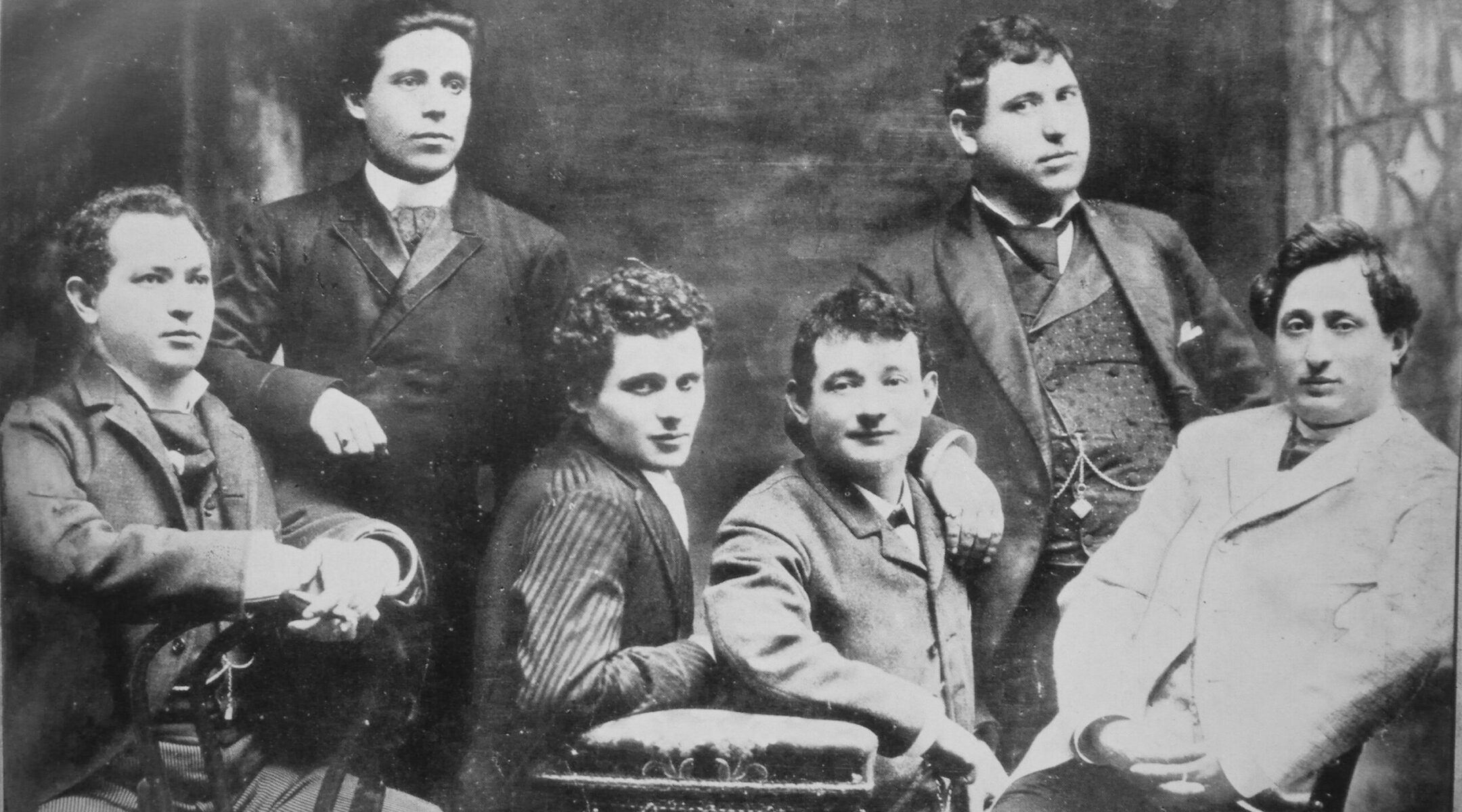(JTA) — Former President Trump’s impeachment defense team intends to argue that his infamous Jan. 6 speech, in which he exhorted his followers to “fight like hell” and march “to the Capitol,” was permitted by his First Amendment rights to free speech. Political opponents are already calling reference to the well-known Supreme Court decision (Schenck v. United States, 1919) that limits free speech to exclude harmful expressions — such as, most famously, falsely yelling “fire!” in a crowded theater.
The phrase is not theoretical: It was drawn from a tragedy that occurred on a cold night in January 1887 at the Hebrew Dramatic Club of London and took the lives of 17 people.
Oliver Wendell Holmes, a Supreme Court justice and noted theater fan who frequently traveled to London for the season (sometimes even publishing his impressions in The New York Times), precisely recorded the events of that night in his memorable phrase. To be sure, other fatal stampedes had occurred closer to home, including at a church in 1902 and a Christmas party in 1913. But it was the Hebrew Dramatic Club incident that found expression in Holmes’ decision and subsequently in popular American discourse.
The legal basis for the performance was somewhat sketchy: Theatrical performances in London required a permit, hence the official designation of the Yiddish theater as a “club.” (Two years later, the owner would be fined 36 pounds, plus an additional 3 for court costs, for failing to procure one, and also for selling “spirituous liquors” on the premises.) According to contemporary reports, some 500 people paid a shilling and packed the theater, which apparently had a capacity of 300, to see Jacob Adler, the famous Odessa-born heartthrob, perform in “Der Spanisher Tsigayner” (“The Spanish Gypsy”).
The circumstances of the accident are not clear. In his memoirs, Adler asserts that the shout of “fire!” came from an audience member who confused a stage fire with a real threat. A major investigative report in Lloyd’s Weekly Newspaper suggests that someone in the theater accidentally broke a gas line. Although the flow of combustible material was quickly stanched with a handkerchief, the distinct smell filled the crowded chamber, prompting a stagehand to quickly shut off the gas line, engulfing the chamber in darkness. It was at this point that someone falsely shouted “fire,” perhaps fearing an explosion.
The resulting stampede for the exits would ultimately result in the 17 deaths — primarily women in their teens and 20s who had come to see Adler in person. The oldest victim was a 70-year old tailor named Isaac Levy along his wife, Gertrude; the youngest was 9-year-old Eva Marks of Spital Street. Lurid line drawings of the dead and the dying were featured in the weekend edition of The Illustrated Police News with titles like “The Fatal Spot” and “Laying out the Dead.”
Students of Talmud may remember another distant tragedy of a similar nature. A group of Jews, hiding in a cave somewhere in the Judean Desert, were startled by the sudden fear that the Romans were upon them. In the chaos that ensued as they struggled to escape, “they killed one another in greater numbers than their enemies had killed among them” (Shabbat 60a), later discovering that they were alone: There was no reason for anyone to cry “Romans!” in the crowded cavern.
The circumstances of Schenck v. United States were far from a crowded Yiddish theater — the case revolved around the distribution of flyers that encouraged young men to resist conscription. Yet Holmes saw the common element — the use of communication in such a manner that one might reasonably expect a “clear and present danger” and “a subsequent evil” to result. In such cases, Holmes wrote in the majority opinion, “the most stringent protection of free speech would not protect a man in falsely shouting fire in a theatre and causing a panic.”
The question before the U.S. Senate is essentially the same. Will the senators reach a similar conclusion?
JTA has documented Jewish history in real-time for over a century. Keep our journalism strong by joining us in supporting independent, award-winning reporting.







